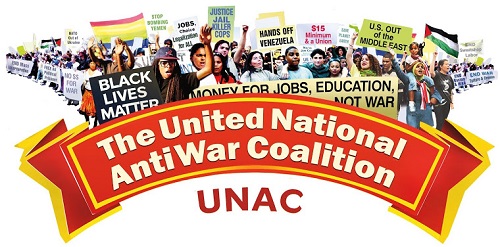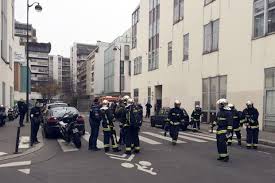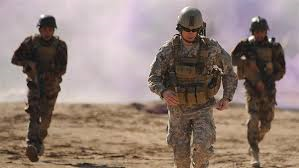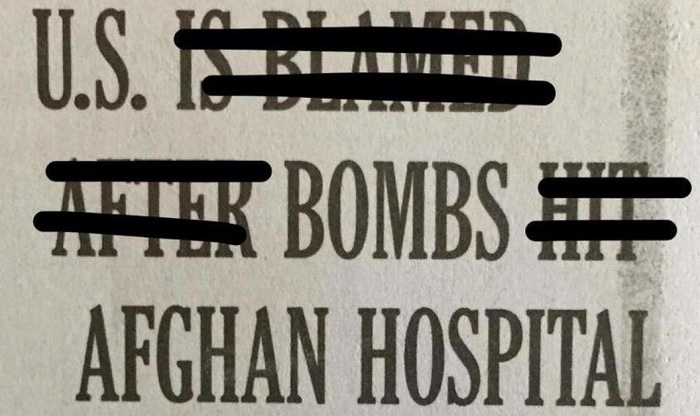From The Archives Of The
International Labor Defense (1925-1946)
From The Pen Of Frank Jackman
Introducing The Committee For International Labor Defense
Mission Statement
The Committee
for International Labor Defense (CILD) is a legal and political defense
organization working on behalf of the international working class and oppressed
minorities providing aid and solidarity in legal cases. We stand today in the
traditions of the working-class defense policies of the International Labor
Defense (ILD) 1925-1946, the defense arm of the American Communist Party which
won its authority as a defense organization in cases like Sacco and Vanzetti,
the Scottsboro Boys, defense of Black Sharecropper’ Union and Birmingham
steelworkers union efforts in the South in the 1930s and 1940s, and garnering
support in the United States for the Republican side in the Spanish Civil
War.
The ILD takes a side. In the
struggles of working people to defend their unions and independent political
organizations and to organize themselves we stand in solidarity against their
exploiters. In the struggles of the oppressed and other socially marginalized
peoples to defend their communities and to organize themselves we stand in
solidarity with their efforts against their oppressors. While favoring all possible legal proceedings
for the cases we support, we recognize that the courts, prisons and police
exist to maintain the ruling class’ dominance over all others. To paraphrase
one of the founding members of the original ILD said “we place 100% of our
faith in the power of the masses to mobilize to defend their own and zero faith,
none, in the ‘justice’ of the courts or other tribunals.”
As we take the side of
working people and oppressed minorities we also strive to be anti-sectarian. We
will, according to our abilities, critically but unconditionally support
movements and defend cases of organizations or individuals with whose political
views we do not necessarily agree. We defend, to paraphrase the original
statement of purpose of the old ILD, “any member of the workers and oppressed movement,
regardless of their views, who has suffered persecution by the capitalist
courts and other coercive institutions because of their activities or their opinions.”
As the old labor slogan goes-“an injury to one is an injury to all.”
More information- c_for_intl_labor_defense@lists.digitalexplorations.org
In the long
arc, the now fifty years long arc of Sam Lowell’s left-wing political activism,
the question of the plight of political prisoners, class-war prisoners to distinguish
them from death squad Nazis and thugs and the commonality of other criminals
has always played a central role in his work. Part of this was out of necessity
in the old days when the American government was whipping away drafter
resisters for their righteous opposition to the Vietnam War then raging and threatening
to take a whole generation down with it both soldiers and civilians, military
resisters who once a critical mass of soldiers started coming back and telling
the real story of the war became more prevalent as the American Army was in near
mutiny before the thing got closed down by the heroic Vietnamese resistance
fighters, the civilly disobedient from little old ladies in tennis sneakers,
Quakers, Shakers and later radicals and reds, rowdy according to them anti-war
protesters, Black Panthers, at least the ones they did not try to just outright
kill in their beds like Fred Hampton and Mark Clark or frame up almost to death
like Geronimo Pratt (when he was going by that name before his conversion to a Muslim
name he could not remember) or anybody else who got in their way when they
pulled the hammer down and began the long “night of the long knives” that we
have been subject to ever since without any apparent end in sight.
Since then
through the vagaries of whatever small struggles he and what he calls the
“remnant,” those who still hold the torch seeking the “newer world” and those too
few who have joined those old new leftists political prisoner work has been the
one constant when other struggles have failed like the now endless wars of the
American government or situations that have been resolved at least partially
like the struggle against apartheid in South Africa.
(Sam by the
way has this very big thing about not calling the government “our government”
ever since those days, those days when his best friend from high school, Jeff
Mullins, was killed in Vietnam and in letters home begged Sam to tell a candid
world what the hell was going on over there and he saw what the hell it was
doing to young kids, kids out of high school just like him making them nothing
but animals and so unless you want, and I don’t, a ration of grief we will
stick with his designation.)
So Sam
Lowell in his time has defended, has tried to publicize the plight of political
prisoners as they have come up starting back in the day with the various
anti-war protestors rounded up on May Day, 1971 (including himself), the
Panthers and other black nationalists when they were under the gun of the
American government, the victims of the coup in Chile in 1973, the
aforementioned anti-apartied fighters led by the later Nelson Mandela in South
Africa, the British coal-miners in the 1980s, many anti-death penalty struggles
including the Mumia Abu Jamal (now serving a “living death” life without parole
sentence) Troy Davis (executed by the state of Georgia in 2011)cases (and
lately the case of the surviving member of the Boston Marathon bombings now
under death sentence when he stood shoulder to shoulder in front of the Federal
Courthouse in Boston down by the waterfront with Catholic Workers and Veterans
for Peace but not anybody from Amnesty International or Massachusetts Committee
Against the Death Penalty), and lots of others. All done, whether Sam was
conscience of it at the time or not under the old slogan from the Wobblie days
(Industrial Workers of the World, IWW)-“an injury to one is an injury to all.”
Lately Sam
has been thinking, as he has reduced his law practice work, let others run the
day to day operations of his small practice down in Carver about thirty miles
from Boston, about that slogan, about the history of that idea. On the face of
it the proposition makes total sense but what Sam was looking at was how that
proposition was made concrete at least since the high holy hell days when the
Wobblies needed all the defense they could muster against the bosses and their
state. Now Sam, and you need to know this about him as well, has some method to
his madness when he is thinking along such lines and this is the case here as
well. Back in August of 2015 he had been invited to a planning meeting of an ad
hoc group of Boston left-wing political activists who were interested in setting
up a Committee for International Labor Defense (CILD). That name was not
accidentally picked since what the group was trying to do was revive the
traditions of the International Labor Defense (ILD) which been set up under the
aegis of the American Communist Party in 1925 to deal organizationally with the
continuing struggle for freedom for left-wing and labor militants under ban
from the American government by Jim Cannon, Bill Haywood and others. That
organization in turn had been affiliated with the International Red Aid which
had previously been set up by the Communist International shortly after its own
establishment in 1919.
Sam’s first
reaction to the invitation and afterward thinking about the meeting which he
had attended that August was that you cannot go home again, that whatever
virtues the old ILD had any they were many especially in the 1920s and 1930s
well before the operation went out of business in1946, that was over and done
with. Then one night he began to think about that “traditions” part, about what
the ILD had actually done in its best days. Back then, back in the 1920s when
it all started the Wobblies had been decimated by the American government in
its vendetta against that organization for its opposition to the First World
War and a goodly number were still languishing in jail. Bill Haywood, a Wobblie
founder, contacted Jim Cannon then a big wheel in the leadership of the CP and
former Wobblie himself about setting up a non-sectarian pro-labor, political
prisoner defense group since despite the low level of struggle then the CP was
the only organization with the political, financial and legal resources to put
together an effective organization. The ILD first won its spurs as a labor
defense organization in the unsuccessful fight to save the framed anarchists
Sacco and Vanzetti who were executed by the Commonwealth of Massachusetts in
1927. The organization was critical in the 1930s in saving the lives of the
Scottsboro boys, nine young black men who were accused of raping two white women
and who were being railroaded to death row by the state of Alabama. All through
the 1930s the ILD helped out labor militants in nasty strike actions and other
social struggles like support for the Spanish Republican.
Sam had to
admit that in its heyday the ILD did very good work and it would not be
disrespectful to try to try to resurrect the traditions of such an
organization. But know this about Sam as well he is a devout student of
history so he has to dig into the
archives and find material that might be helpful in working through the
logistics of “an injury ot one is an injury to all.” Hence this archival
piece.
























